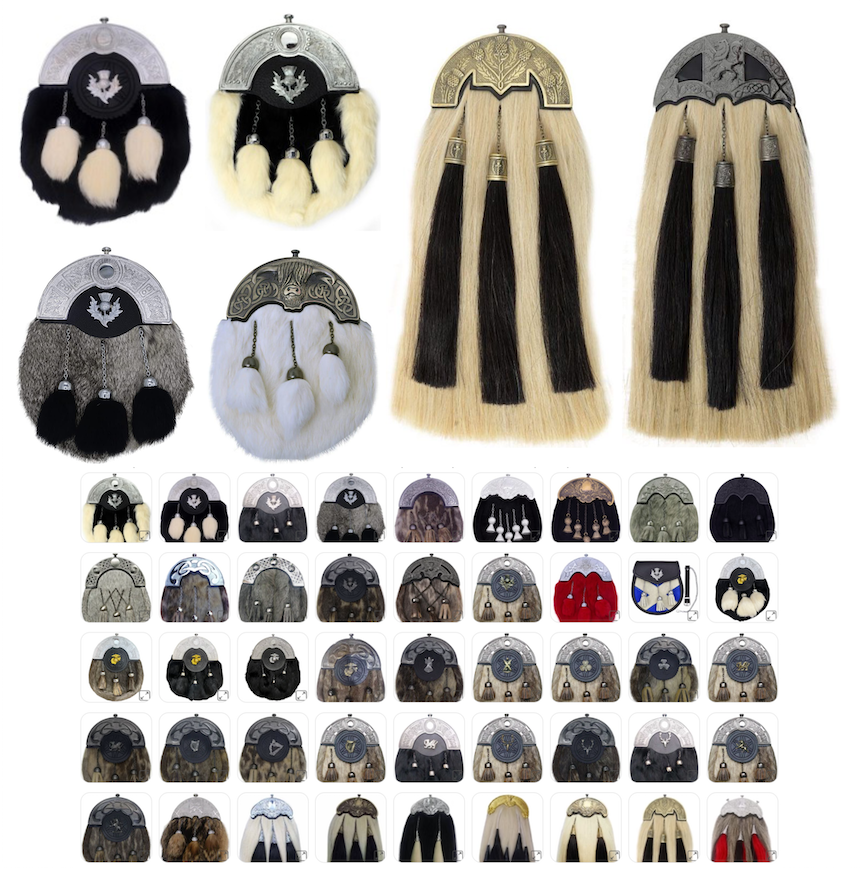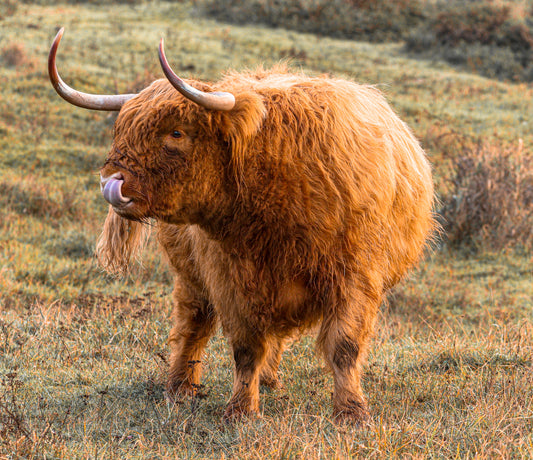Clan Gunn A Legacy of Norse & Highland Heritage - Na Guinnich
Clan Gunn: A Legacy of Norse & Highland Heritage
Clan Gunn (Scottish Gaelic: Na Guinnich) is one of the oldest Scottish Highland clans, with deep ancestral ties to Caithness, Sutherland, and the Orkney Isles. The clan’s origins are steeped in Norse and Pictish history, making it one of Scotland’s most unique and warrior-based lineages.
The Viking Origins of Clan Gunn
The founding ancestor of Clan Gunn was said to be Gunni, a Viking adventurer who settled in Caithness in the late 12th century. His wife, Ragnhild, inherited lands from her brother, Harald Maddadsson, Earl of Orkney. Gunni's lineage is believed to descend from powerful Norse warriors, including his grandfather, Sweyn, who perished in a raid on Dublin in 1171.
Despite this Viking connection, some historians, like Smibert, argue that the Gunns had Gaelic origins. Further historical insight comes from Sir Robert Gordon’s A Genealogical History of the Earldom of Sutherland (17th century), which records an interview with Alexander Gun of Kilearnan and Navidale, 4th Mackeamish. This family account suggests that the Gunns descended from a Danish prince named Gun. However, historical records confirm that when Clan Gunn settled in Orkney and Caithness, Norway was a separate kingdom from Denmark.
Embrace Scottish Heritage with a Gunn Tartan Kilt Outfit
For those who honor their Gunn ancestry or wish to celebrate Scottish and Norse history, a Gunn Tartan Kilt Outfit is the perfect way to showcase your heritage.
✅ Authentic Gunn Tartan – A bold and striking tartan pattern
✅ High-Quality Craftsmanship – Durable wool blend for tradition and comfort
✅ Versatile & Timeless – Ideal for Highland Games, clan gatherings, and formal events
✅ A Tribute to Scottish & Norse Lineage – Connect with your warrior ancestry
Shop the Gunn Tartan Kilt Outfit Today
Honor the legacy of Clan Gunn with a traditional Gunn Tartan Kilt Outfit. Whether you're attending a Scottish festival, a Highland wedding, or a clan event, this outfit is a must-have for those proud of their Scottish Viking roots.
🔗 Shop Now: Gunn Tartan Kilt Outfit










